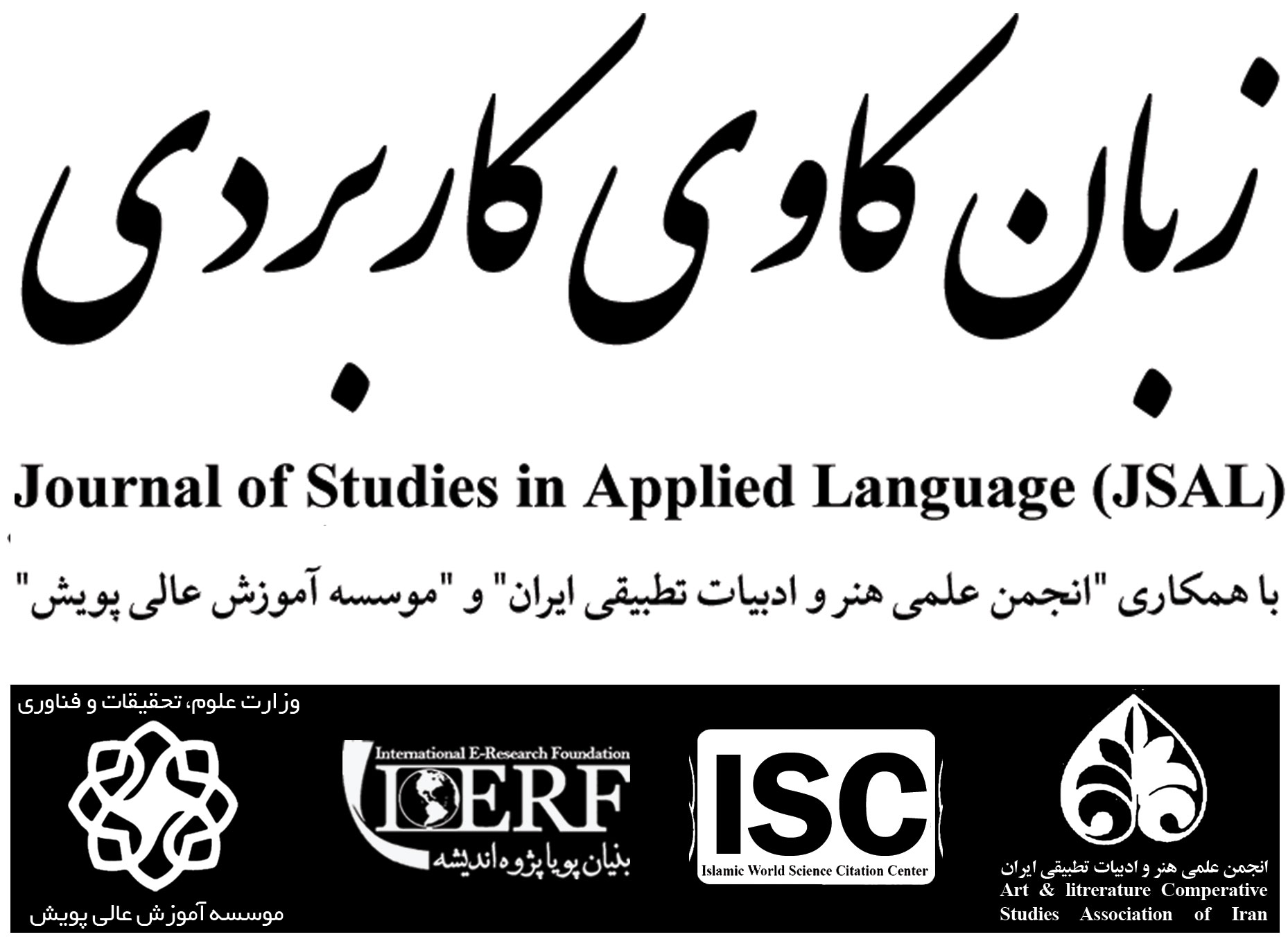Volume 5, Issue 1 (Journal of Language Teaching, Literature & Linguistics (JLTLL) 2022)
JSAL 2022, 5(1): 33-60 |
Back to browse issues page
Download citation:
BibTeX | RIS | EndNote | Medlars | ProCite | Reference Manager | RefWorks
Send citation to:



BibTeX | RIS | EndNote | Medlars | ProCite | Reference Manager | RefWorks
Send citation to:
Boubekri M. (2022). Metaphor as a Cognitive Tool for the Construction of Scientific Concepts [In Arabic]. JSAL. 5(1), 33-60.
URL: http://jsal.ierf.ir/article-1-40-en.html
URL: http://jsal.ierf.ir/article-1-40-en.html
PhD Department of Arabic Language, Sidi Mohamed Ben Abdellah University, Morocco , Mohammed.boubekri.1995@gmail.com
Abstract: (1336 Views)
This article examines the cognitive mechanisms involved in the use of metaphor as a generative tool for the articulation of scientific concepts. Proceeding through a cognitive linguistic approach and drawing on the theory of conceptual metaphor as a theoretical framework, the article underscores the role of metaphor as a key component in the construction of scientific knowledge. The article consists of three main sections: the first addresses the experimental, physical, and psychological bases upon which the conceptual metaphor operates in scientific knowledge production. More specifically, the first section demonstrates how bodily experience contributes to the construction of scientific concepts through the element of metaphor. The second section, on the other hand, looks into the processes of scientific knowledge production animated by the element of metaphor at the experimental and abstract levels, concerning the mechanisms that inform this process of scientific knowledge production. The reference to cognitive mechanisms such as conceptual blending, metaphorical conceptual mapping, and metaphorical projection is followed by an explanation of the role of each of these components, respectively. The third section identifies the four elements central to the construction of concepts in general and scientific concepts in particular. These components are embodiment, perception, categorization, and understanding. Taken together, the sections of the article trace and explain the overall process through which the element of metaphor allows for the construction of scientific concepts and forms of knowledge production.
Keywords: Conceptual metaphor, Scientific Concepts, Conceptual Blending, Metaphorical Mappings, Conceptual Projections, Metaphorical Understanding
Type of Study: Research |
Subject:
Discourse Analysis
Received: 2021/03/31 | Accepted: 2021/05/8 | Published: 2021/05/11
Received: 2021/03/31 | Accepted: 2021/05/8 | Published: 2021/05/11
Send email to the article author
| Rights and permissions | |
 |
This work is licensed under a Creative Commons Attribution-NonCommercial 4.0 International License. |






